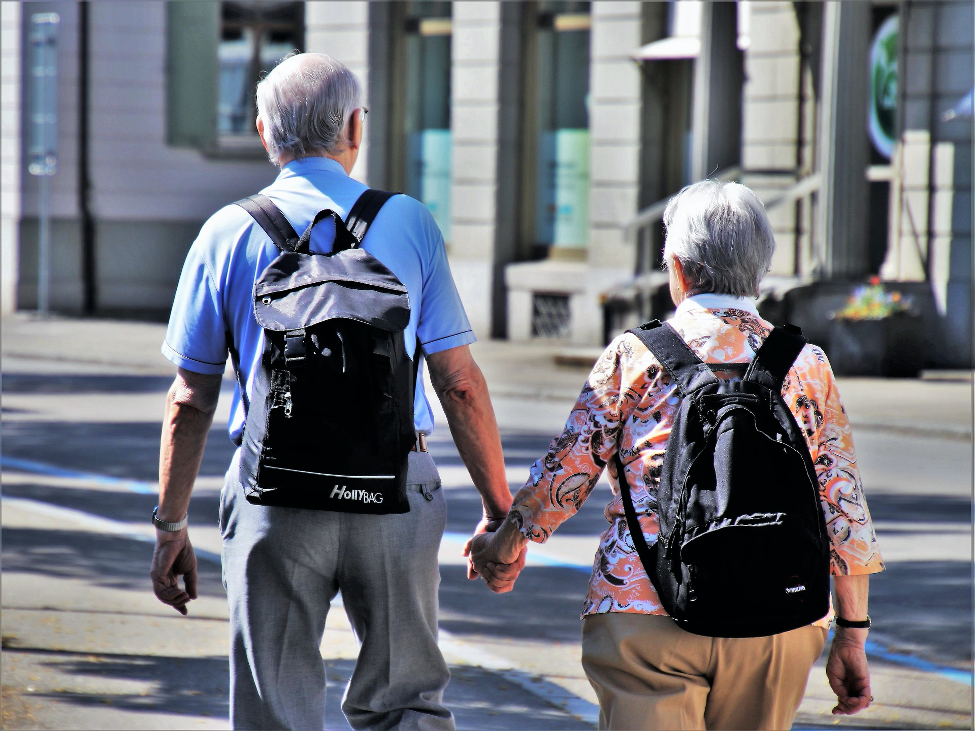
Researchers who study the effects of hearing loss have often found a connection between hearing changes and other health conditions. These include diabetes, Alzheimer’s disease, dementia, obesity, and many others. Perhaps not as obvious, however, is a connection between hearing loss and accidental falls.
How hearing loss leads to increased fall risk
As we age, it’s not uncommon to experience difficulty with balance. This can result from weaker muscles and changes to the inner ear. But, recent research shows that hearing loss and accidental falls can be related, even if the hearing loss is only mild.
While research continues on the subject, one common theory to explain this phenomenon has to do with cognitive overload. People with poor hearing are under additional cognitive stress, constantly trying to take in and interpret auditory stimuli. This may reduce their alertness to other factors in their environment that could cause a fall. Simply put, the harder they have to work to hear, the less resources are available to put toward maintaining balance and preventing a fall.
5 tips for preventing accidental falls
Whether you have mild, moderate or severe hearing loss, or even no hearing loss at all, fall-proofing your home can keep you and your loved ones safe. Here are a few places to start:
- Install and utilize handrails. Handrails should be on both sides of all stairways and grab bars can be useful by toilets and in the tub or shower. Be sure to use them!
- Have adequate lighting. Hearing isn’t the only thing that changes as we age – vision does too! Make sure light switches are easily accessible and that there is the appropriate amount and quality of light in each room.
- Clean up the clutter. Keep floors and walkways clear of obstacles that could interfere with safe foot travel.
- Use no-slip flooring. That means saying goodbye to throw rugs, making sure the carpet is completely fastened down, and installing no-slip strips on hardwood, tile, or linoleum floors. It also helps to wear shoes with appropriate tread (which might NOT be your cozy slippers!) as you walk through your home.
- Don’t climb on ladders or chairs. Instead, use a reach stick to get access to hard-to-reach items or ask for someone to help you.
Don’t let hearing loss go untreated
Since hearing loss and accidental falls go hand in hand, it’s also important to make sure your hearing loss gets treated. If you already wear hearing aids, that’s a step in the right direction. Research has shown that using hearing aids can improve both alertness and balance.
Hearing can continue to change over time, however, so be sure to schedule regular hearing evaluations with your audiologist. Even minor adjustments can make a huge difference in how well your hearing aids help you hear. And then, of course, there will be a time when you will need new hearing aids altogether.
No matter what your hearing healthcare needs are now or in the future, our professional team of audiologists is ready to help. Schedule an appointment today and you’ll be well on your way to hearing better!

